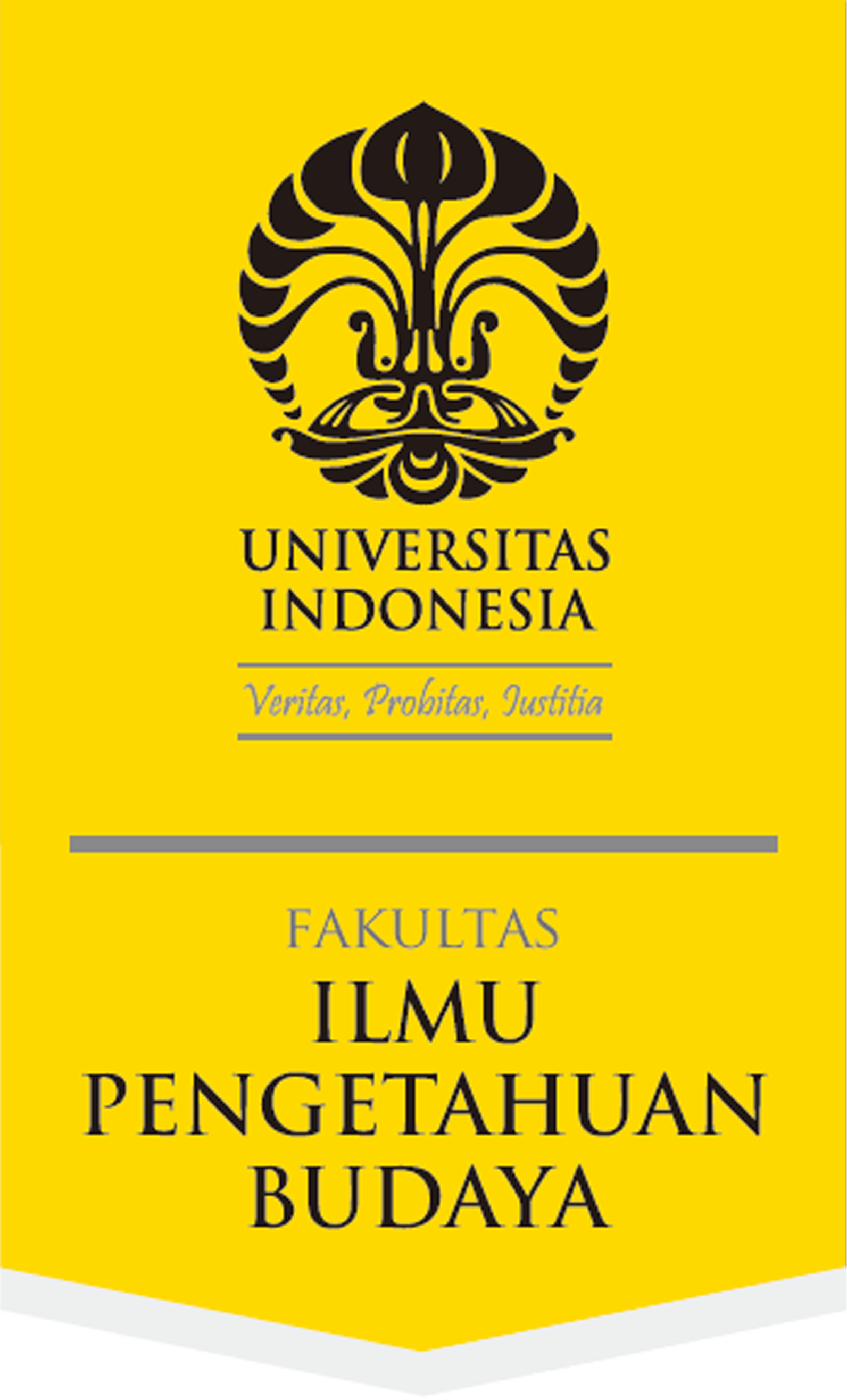Abstract
Starting out as a column in the Bali Post, Oka Rusmini’s alter ego Men Coblong offers, among other things, a feminist perspective on mothers and women and the social relations and cultural practices that confine them. Men Coblong fearlessly voices her view on religious sensitivities, culture, politics and, especially, everyday life. In Men Coblong, the self-titled collection of her columns, the (re)claiming of power operates on two levels. First, we have the journalist Oka Rusmini using words as power to challenge the injustices and absurdities she witnesses in contemporary Indonesia. Second, Oka’s alter ego Men Coblong engages in acts of everyday agency, using a range of strategies, to assert her power as a woman. This analysis of Men Coblong is informed by notions of power, resistance, and agency as conceived by James Scott, Anthony Giddens, and Laura Ahearn. The power that Oka Rusmini is (re)claiming through Men Coblong is the right to confront, protest, and resist through words. Men Coblong reclaims power not through political activism but through enacting everyday agency.
References
Abu-Lughod, Lila. 1990. “The romance of resistance; Tracing transformation of power through Bedouin women”, American Ethnologist 17: 41-55.
Ahearn, Laura. 2001. “Language and agency”, Annual Review of Anthropology 30: 109-137.
Batliwala, Srilatha. 2007. “Taking the power out of empowerment – An experiential account”, Development in Practice 17(4-5): 557-565. [DOI: 10.1080/09614520701469559.]
Giddens, Anthony. 1984. The constitution of society; Outline of the theory of structuration. Cambridge: Polity Press.
Hess, Kristy and Robert E. Gutsche Jr. 2017. “Journalism and the ‘social sphere’”, Journalism Studies 19(7): 1-16. [DOI: 10.1080/1461670X.2017 .1389296.]
Jeffery, Patricia. 1998. “Agency, activism, and agendas”, in: Patricia Jeffrey and Amrita Basu (eds), Appropriating gender: women’s activism and politicized religion in South Asia, pp. 221-243. London: Routledge.
Kabeer, Naila. 1994. Reversed realities; Gender hierarchies in development thought. London: Verso.
Nazneen, Sohela, Naomi Hossain, and Deepta Chopra. 2019. “Introduction: contentious women’s empowerment in South Asia”, Contemporary South Asia 27(4): 457-470. [DOI: 10.1080/09584935.2019.1689922.]
Parker, Lyn. 2005a. “Introduction”, in: Lyn Parker (ed.), The agency of women in Asia, pp. 1-25. Singapore: Marshall Cavendish.
Parker, Lyn. 2005b. “Conclusion”, in Lyn Parker (ed.), The agency of women in Asia, pp. 217-229. Singapore: Marshall Cavendish.
Partogi, Sebastian. 2017. “Oka Rusmini: documenting lives of Balinese women”. [Retrieved from: https://www.thejakartapost.com/life/2017/07/31/oka-rusmini-documenting-lives-of-balinese-women.html.]
Rowlands, Jo. 1995. “Empowerment examined”, Gender and Development 5(2): 101-107. [Taylor and Francis Online.]
Rusmini, Oka. 2019. Men Coblong. Jakarta: Grasindo.
Scott, James C. 1985. Weapons of the weak; Everyday forms of peasant resistance. New Haven, CT: Yale University Press.
Scott, James C. 1990. Domination and the arts of resistance; Hidden transcripts. New Haven, CT: Yale University Press.
Wunker, Erin. 2016. Notes from a feminist killjoy: essays on everyday life. Toronto: BookThug.
Recommended Citation
Allen, Pamela
(2023)
"Men Coblong; Voicing the everyday agency of Oka Rusmini,"
Wacana, Journal of the Humanities of Indonesia: Vol. 24:
No.
1, Article 2.
DOI: 10.17510/wacana.v24i1.1164
Available at:
https://scholarhub.ui.ac.id/wacana/vol24/iss1/2











